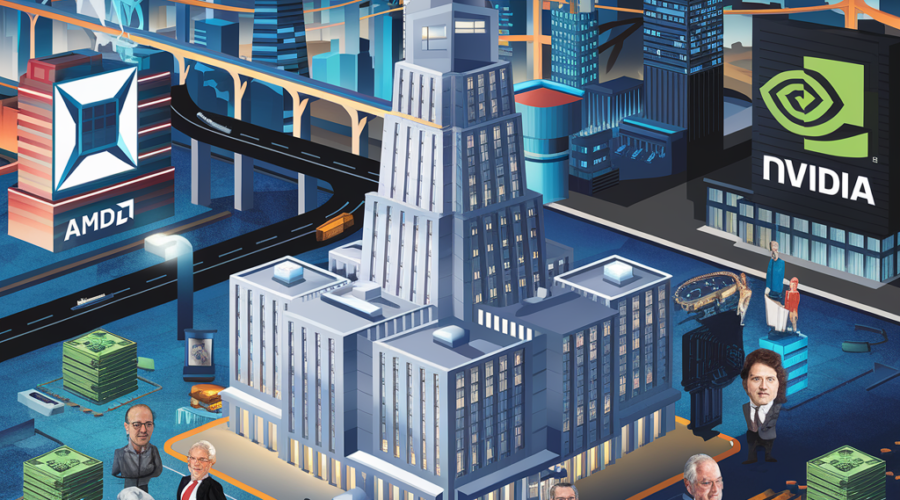- Intel’s Dominance Decline: Once a semiconductor leader, Intel faces declining market share and financial woes amid rapid tech evolution.
- Competitive Landscape: Rivals AMD and NVIDIA gain ground with specialized chips for AI and cloud computing, areas Intel struggles in.
- Financial Underperformance: Intel’s stock plunged, reflecting investor concerns over its ability to compete in the changing semiconductor market.
- Potential Acquirers: Private equity firms, tech giants like Apple/Google, and international chip makers like Samsung/TSMC could eye Intel’s assets.
- Sale Implications: An acquisition could mean restructuring, impacting employees, investors, product offerings, and pricing strategies in the tech sector.
- Historical Precedents: Past semiconductor M&A like Qualcomm’s bids and AMD’s ATI purchase showcase industry’s dynamic nature and leadership shifts.
- Strategic Partnerships: Intel’s collaboration with Deloitte on hybrid cloud and AI initiatives demonstrates potential for post-sale strategic alliances.
- R&D Impact: Experts warn a sale could reduce R&D spending, affecting innovation and competition in the semiconductor industry.
- Capital Injection: Conversely, an acquisition could provide Intel with much-needed capital for new investments and strategic repositioning.
- Future Outlook: As tech evolves rapidly, CEOs must stay informed on semiconductor news and M&A trends to navigate industry turbulence effectively.
Intel’s Future Hangs in Balance: Is a Sale Imminent?





